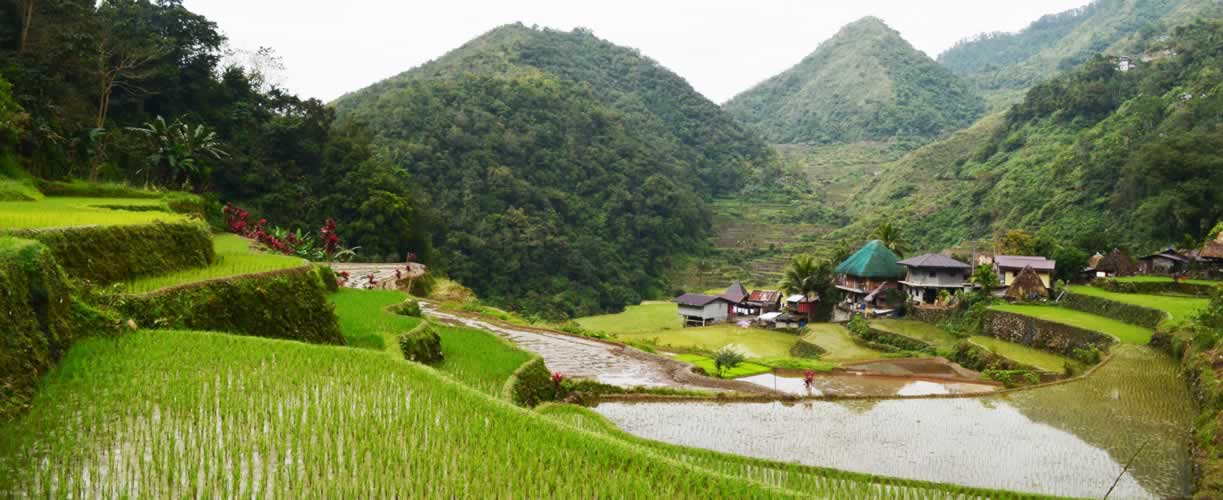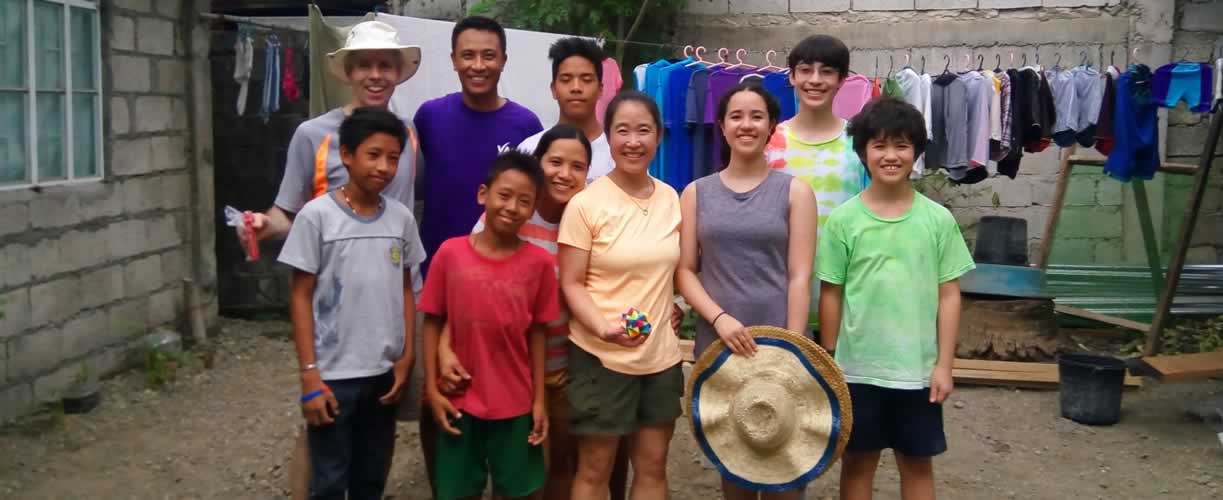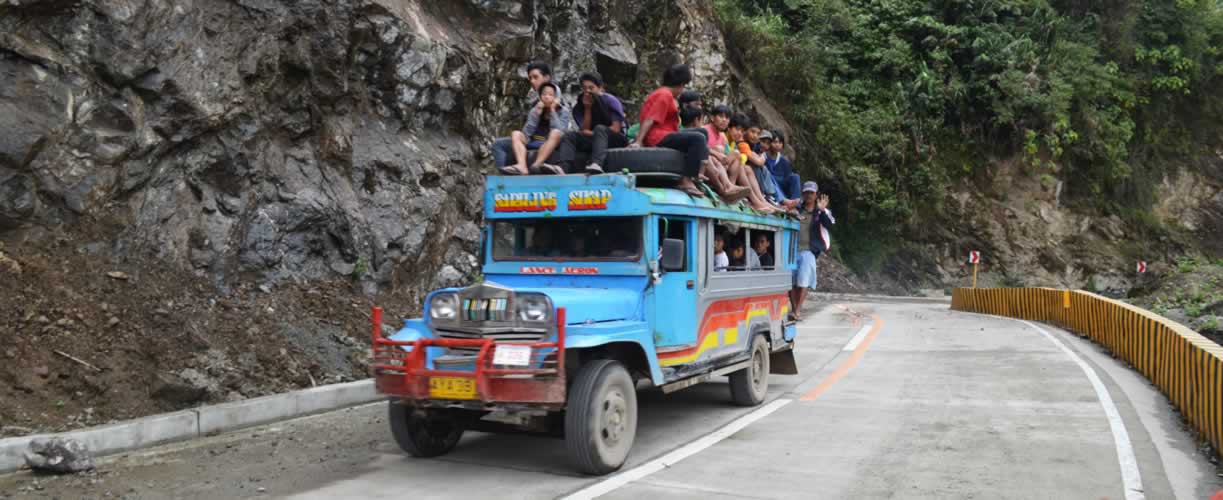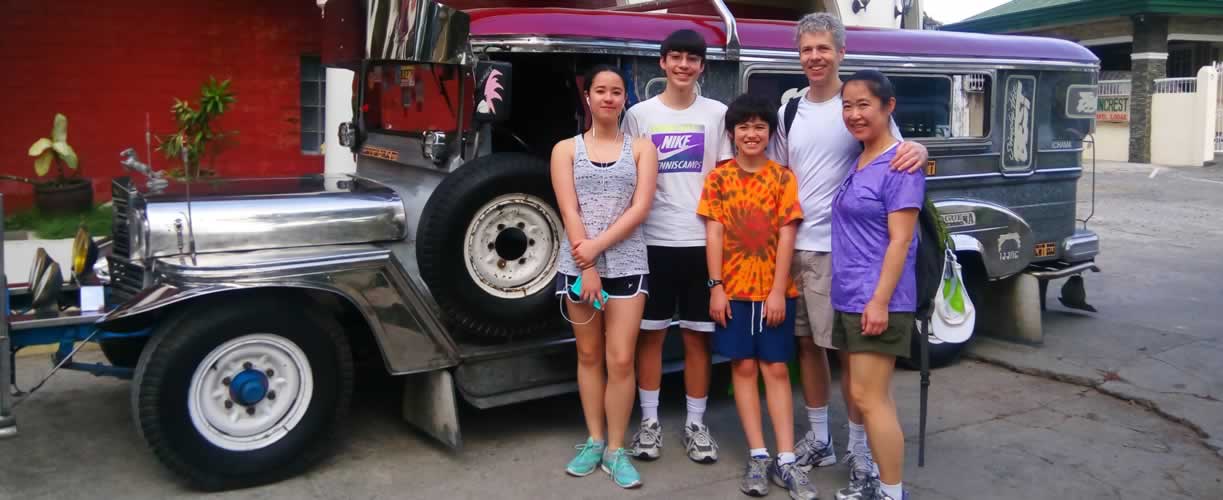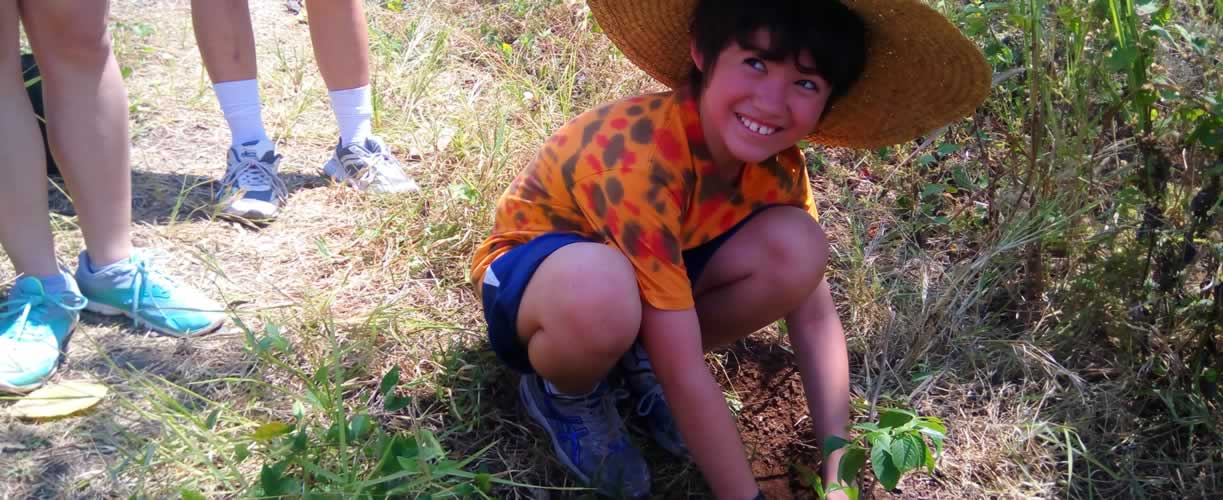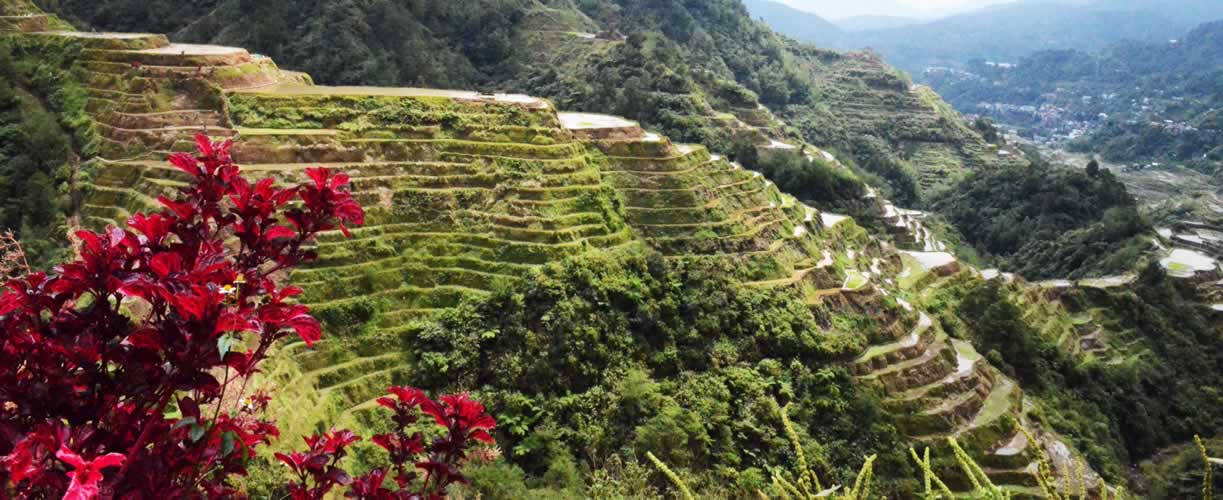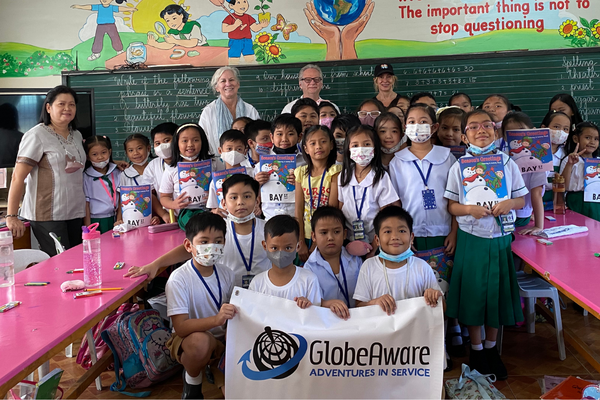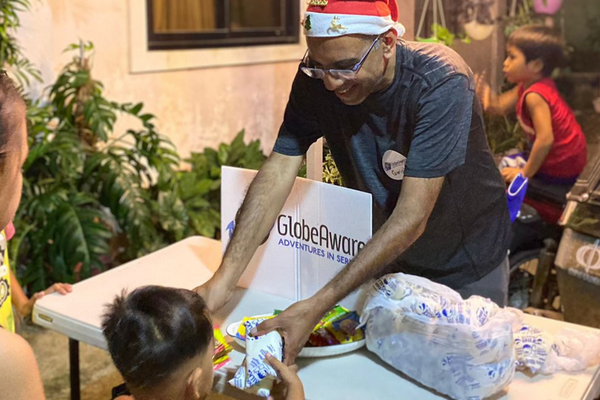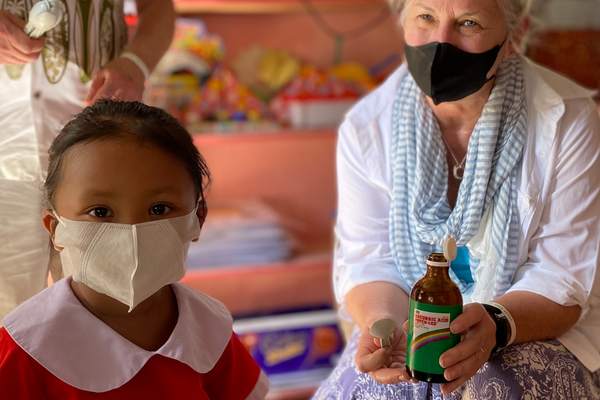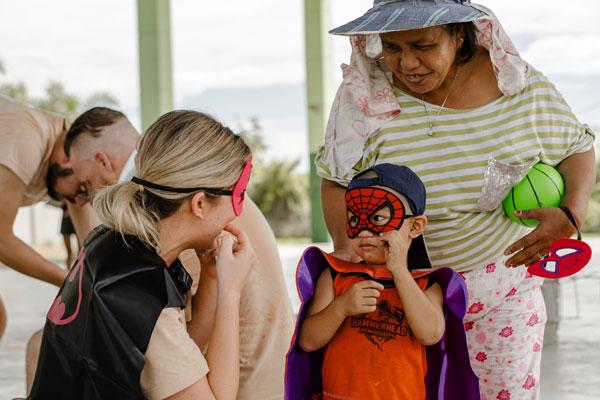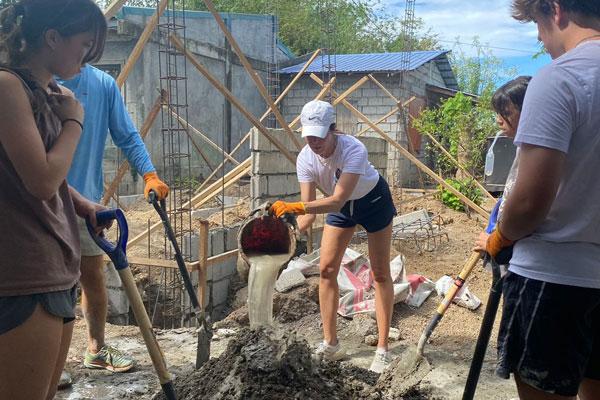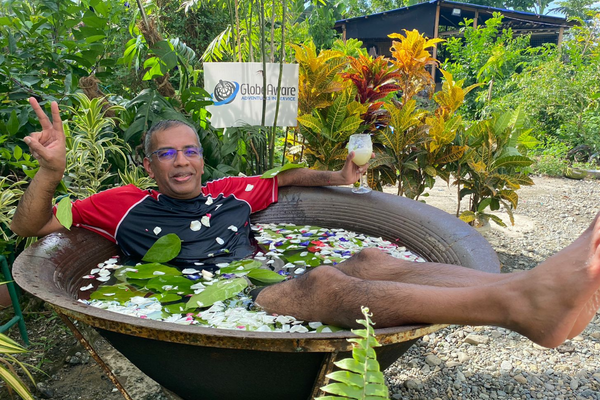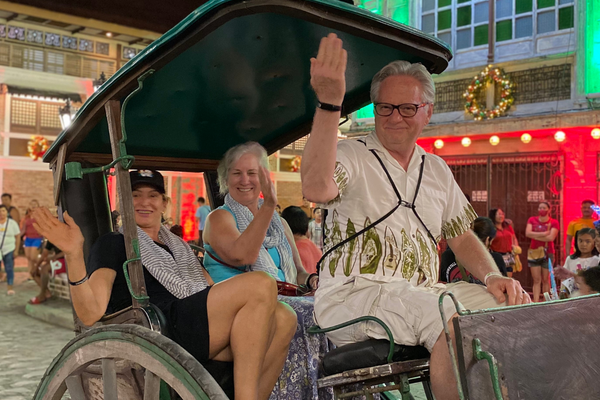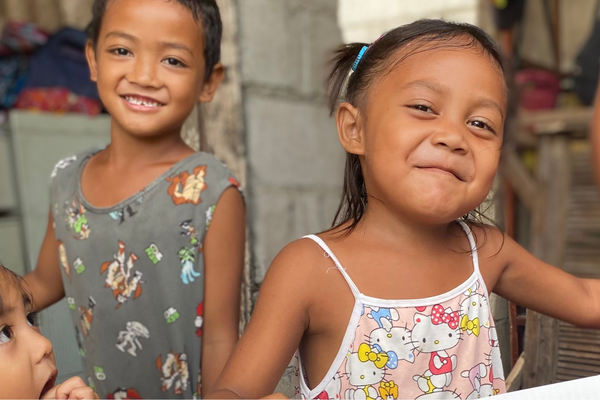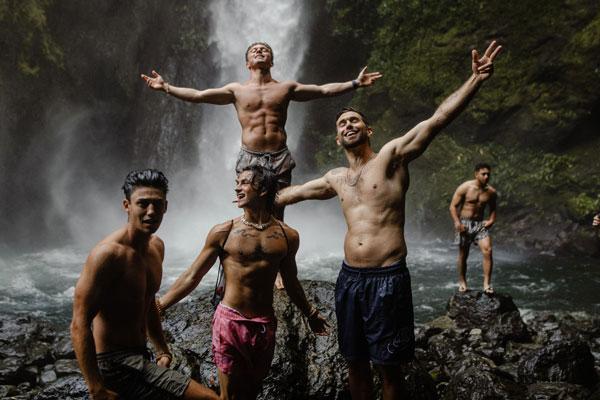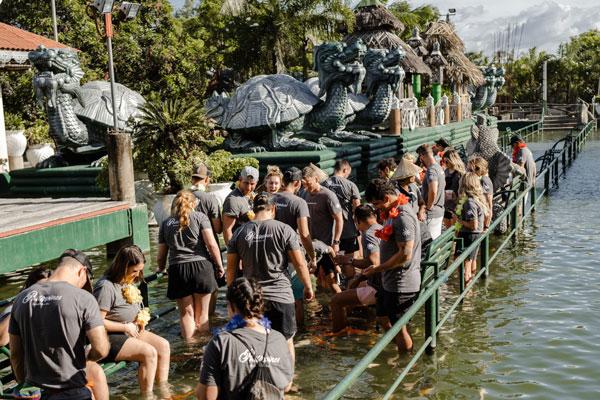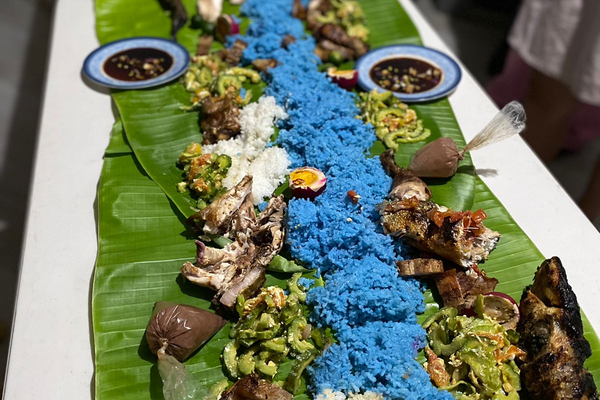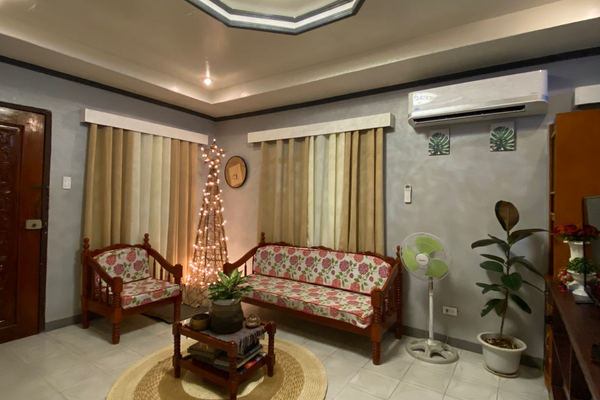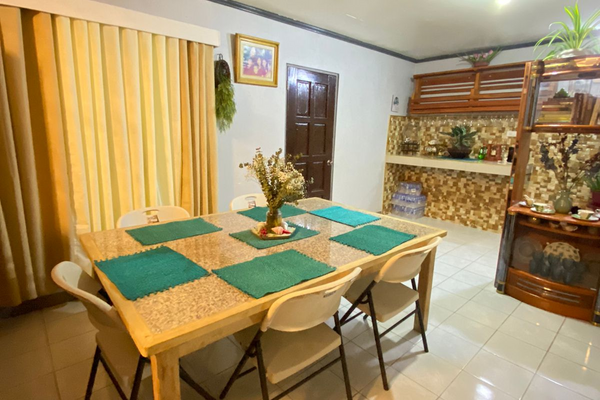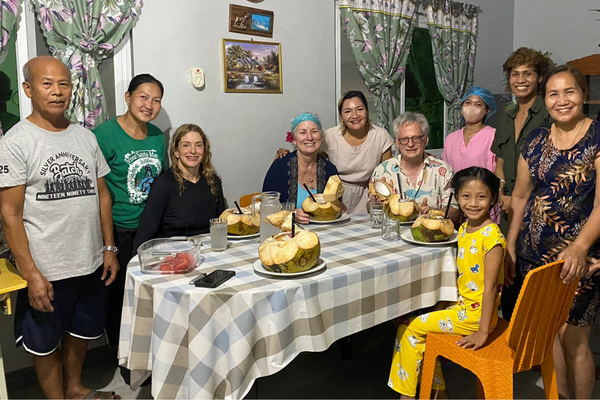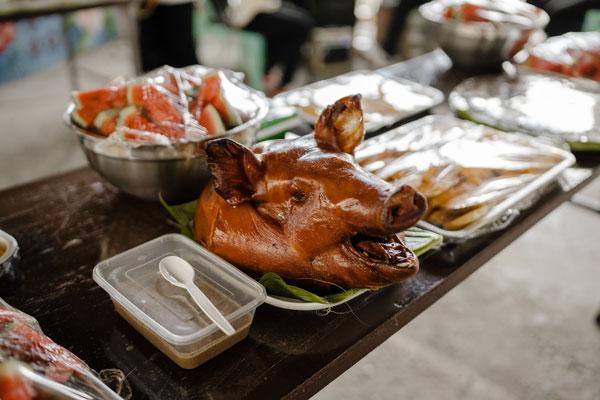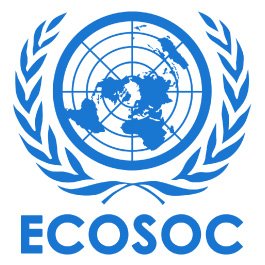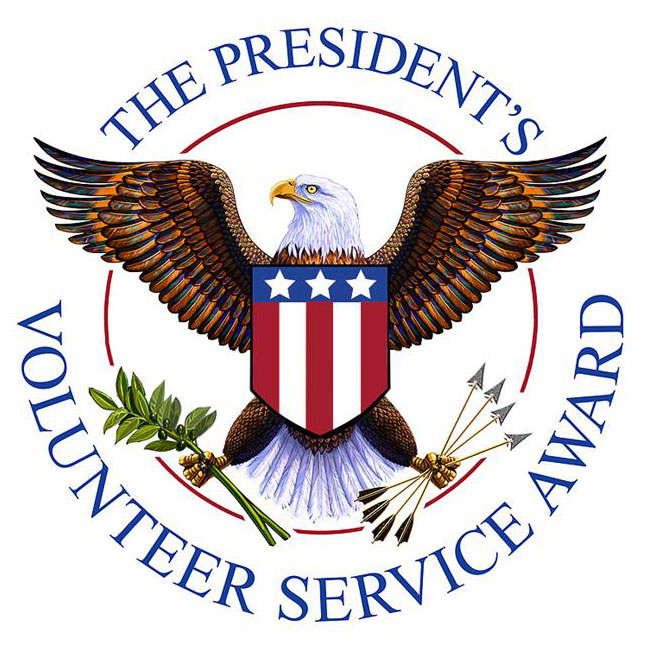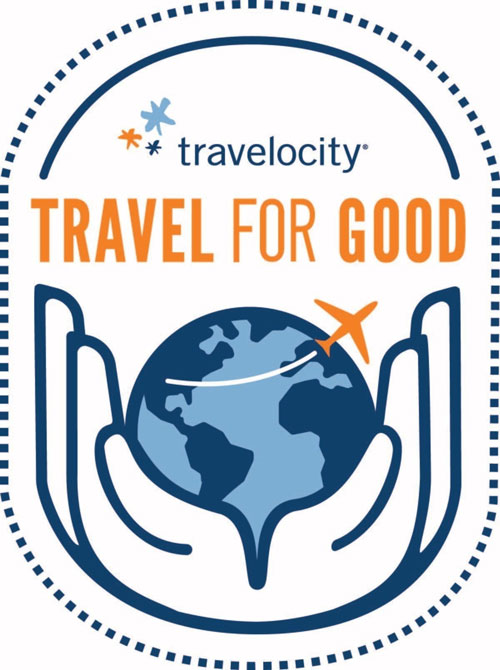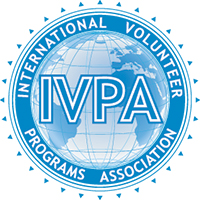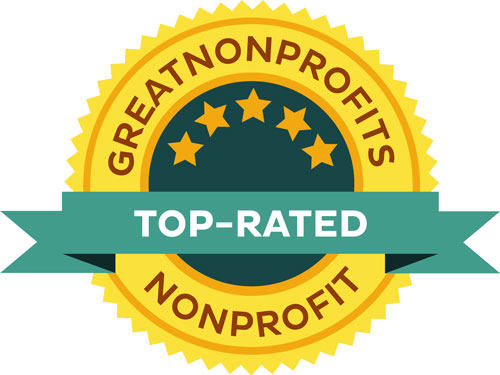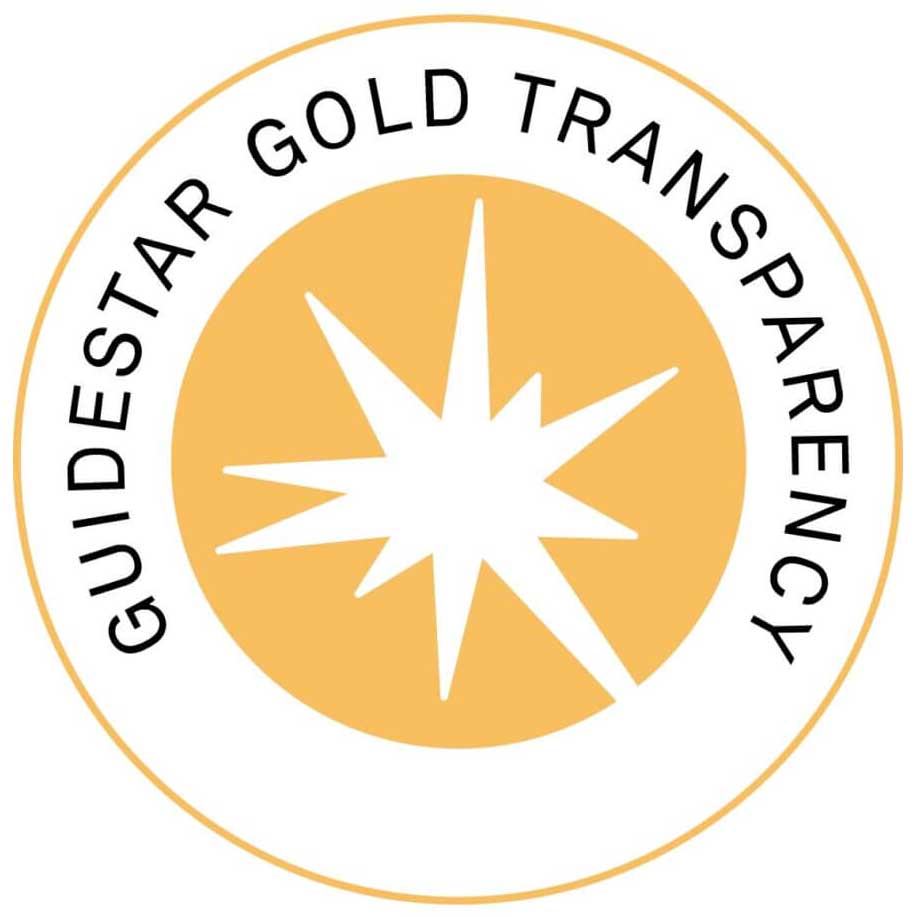The Philippines has 7,640 Islands, 2,000 of which are inhabited. There are three major islands in the Philippines: Luzon is the largest, followed by Mindanao and Visayas. The country is endowed with a plethora of beauty and natural resources, mega-cities, volcanoes, beaches and rice fields, but it is also a land of startling poverty. The culture here is incredibly unique relative to any of its closest geographic neighbors. Our program site is in the province of Nueva Ecija, about 100 miles from Manila. In 1896, Nueva Ecija became one of the first provinces to revolt against Spain, and one of the provinces who declared its independence in 1898. Poverty was the only reason why Nueva Ecija was not given recognition as a separate country from the Philippines by the King of Spain in 1840s.The people of this community are neglected and marginalized in terms of social development. As a result, they live in poverty. Women, children, and the disabled bear the effect of massive poverty, and it is to this particularly needy population that we direct our efforts.
WORK PROJECT
Our program seeks to promote the value of “Bayanihan” a Filipino value of working together towards sustainable community development through volunteerism. Our work projects center around these core activities:
- Education assistance for disabled children
- Repair / construction of houses for families of the disabled
- Reforestation
- Repair or construction of basic housing and sanitation buildings
LEISURE ACTIVITIES
Volunteers will be able to participate in various leisure activities while in Nueva Ecija.
- Tour Cabanatuan City and Gapan City. Volunteers will tour important historical sites in each of these cities. This evening activity takes about 3-4 hours (including travel time).
- Volunteers can try making some traditional Filipino dishes or desserts in a class-like setting. The class will be followed by dinner, where volunteers will get to try out all of their creations.
- Volunteers can visit the rice fields and engage in sports like basketball or soccer with local children. Additionally, you might be able to participate in community activities such as Zumba or karaoke.
- Cultural exchange is a large part of every program Globe Aware offers. Volunteers will have an opportunity to meet the different tribes who are living in Bacao. This is a great way to partake in new food, dance, and culture.
-
Volunteers can enjoy a kawa bath and explore the local market.
- Large groups of volunteers can explore the Minalungao National Park for hiking and swimming in the river ( depending on the season).
FOOD AND LODGING
Food
You will be served fresh, simple Filipino meals, which is an incredibly varied cuisine. There are over a hundred distinct ethnolinguistic groups found throughout the Philippine archipelago. A majority of mainstream Filipino dishes that compose Filipino cuisine are from the food traditions of tribes of the archipelago, including the Ilocano, Pangasinan, Kapampangan, Tagalog, Bicolano, Visayan, Chavacano and Maranao ethnolinguistic groups. The styles of food have evolved over many centuries from a largely indigenous (largely Austronesian) base shared with maritime Southeast Asia with a huge spectrum of various influences from Chinese, Spanish and American cuisines, in line with the major influence that had enriched the cultures of the archipelago, as well as indigenous ingredients. Dishes range from the very simple, like a meal of fried salted fish and rice, to curries, to complex paellas and cozidos of Iberian origin made for fiestas. Popular dishes include roasted pig, Philippine sausage, cured beef, omelet, adobo (vinegar and soy sauce-based stew), kaldereta (meat stewed in tomato sauce and liver paste), mechado (larded beef in soy and tomato sauce), pochero (beef and bananas in tomato sauce), afritada (chicken or beef and vegetables simmered in tomato sauce), oxtail and vegetables cooked in peanut sauce, kabocha squash, eggplant, beans, okra, and tomato stew, meat or seafood in sour broth), noodles, and lumpia (fresh or fried spring rolls).
Accommodations
Small groups stay in a home with central air-conditioned, a spacious living room, formal and informal dining rooms, two kitchens, three bedrooms with queen-size beds, and two bathrooms. The house has fairly decent Wi-Fi and a smart TV with access to Netflix. The bathrooms have a warm shower and the kitchen has a refrigerator, air-fryer, blender, and coffee maker. Mid to larger groups are housed in modest hotels with running hot water, flushing toilets, television and wifi.
BOOKING YOUR FLIGHT, ARRIVAL, MEET-UP, AND DEPARTURE
Volunteers fly into the capital city of Manila and are met by our Globe Aware coordinator at the airport.
Unless alternatively arranged, pick-up will be at 12:30 pm on Sunday. If you arrive the night before, we recommend you book a hotel near the airport for ease of pickup. We suggest these options:
* * Manila Airport Hotel (Budget Hotel) http://manilaairporthotel.com.ph/
* * Hyatt City of Dreams (Mid-Range Hotel) http://cityofdreamsmanila.hyatt.com/en/hotel/home.html
Please inform the Globe Aware office at least a week in advance if you will not being picked up directly from the airport.
For departure from the Philippines on the last Saturday of your trip, book your flight leaving 2 p.m. or later. The drive to our program site in Nueva Ecija is approximately four hours.
SAFETY / SECURITY
The Philippines is very rich in culture, customs and traditions. The majority of the inhabitants of Nueva Ecija speaks Tagalog. The good news is, most of the people speak clearly in English. Thus the volunteers will not have any problem in terms of language. There are lots of hospitals in Cabanatuan City so any medical needs of the volunteers can be easily responded to. The Volunteer Coordinator can guide volunteers to where the best to exchange currency. Use common sense by not carrying large sums of money, passports, and bank cards in an easily accessible area should help deter thieves.
